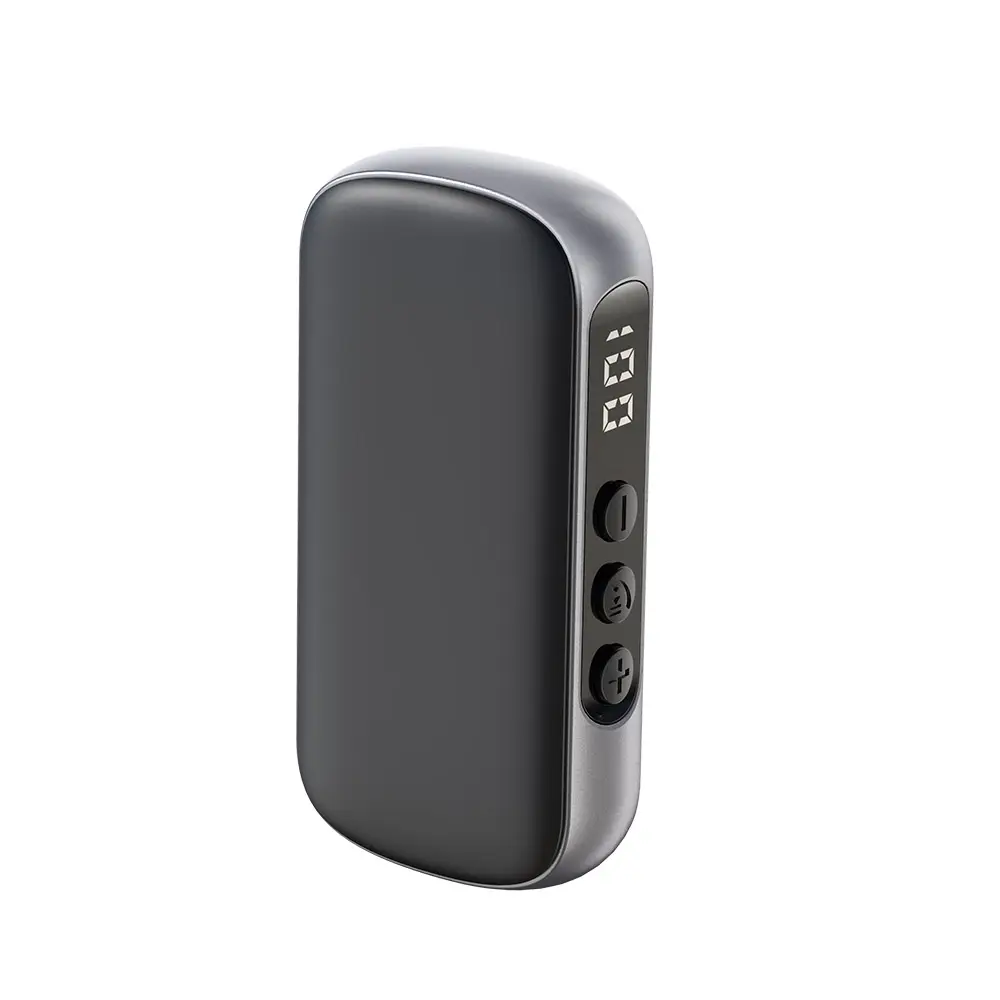Bluetooth audio adapters have become indispensable for enhancing wireless connectivity in audio systems. Whether you're connecting to speakers, headphones, or a car stereo, a reliable Bluetooth audio adapter ensures flexibility and convenience. However, like all technology, occasional performance issues can arise. Understanding the causes and solutions to these common problems is crucial to maintaining a seamless audio experience.
One of the most frequent problems users face with a Bluetooth audio adapter is intermittent connectivity. This can happen due to interference from other wireless devices, low battery levels, or outdated firmware. If your Bluetooth audio adapter frequently disconnects, try switching to a less congested channel or moving your devices closer together. Regularly updating the adapter's firmware can also fix hidden bugs that disrupt connectivity.
Sometimes, your Bluetooth audio adapter may not enter pairing mode or may fail to connect with a specific device. To resolve this, ensure the adapter is in discoverable mode and clear previous pairings. Restarting both devices and ensuring they are within a short range can also improve pairing success rates. For adapters with a reset button, performing a factory reset can eliminate pairing glitches.
Experiencing lag or distorted sound from your Bluetooth audio adapter can be frustrating. This often results from signal interference, low-quality codecs, or outdated Bluetooth versions. Using adapters that support high-quality audio codecs like aptX or AAC can significantly improve sound clarity. Additionally, reducing the number of nearby wireless signals can help restore clean audio transmission.
Hearing audio from only one side or no sound at all is another common complaint. This may be caused by incompatible cables, broken connectors, or improperly seated ports. Check that your Bluetooth audio adapter is securely plugged into the correct audio input or output. Testing the adapter with different devices and cables can help determine whether the issue lies with the adapter or external equipment.

If your Bluetooth audio adapter doesn't turn on, start by verifying the power source. Check that the USB or AC outlet is functioning, and ensure you're using a compatible charger. In cases of built-in batteries, give the adapter sufficient time to charge, especially if it's been unused for a long period. Swapping out charging cables or power supplies can also identify hardware faults.
Rapid battery depletion in a Bluetooth audio adapter is inconvenient and may point to internal battery wear or excessive usage. To extend battery life, lower the volume on both the transmitting and receiving devices and disable features like multipoint connections when not needed. Choosing an adapter with energy-efficient Bluetooth versions such as 5.0 or higher can also optimize battery performance.
Although Bluetooth is a universal standard, not every Bluetooth audio adapter is compatible with all devices. Always check the supported profiles (A2DP, AVRCP, etc.) and Bluetooth versions before purchasing. If you're facing compatibility issues, updating the operating systems on your source devices and ensuring the adapter supports common profiles will improve functionality.
Signal range limitations can hinder your Bluetooth audio adapter's performance. Walls, furniture, and electronic devices can all reduce effective range. Keep both your adapter and connected devices in open spaces without physical obstructions. Adapters with external antennas or range-extending technologies can further enhance your wireless coverage.
Firmware updates for Bluetooth audio adapters often include performance improvements and bug fixes. Many users overlook this simple step, but updating your adapter can resolve numerous issues, from sound lag to connection failures. Check the manufacturer's website periodically for available updates and follow the instructions for safe installation.
Dirt and dust in audio jacks or USB ports can cause poor connections or complete malfunctions. Regularly cleaning your Bluetooth audio adapter using dry, anti-static cloths and compressed air can prevent long-term damage. Avoid exposing the adapter to moisture or extreme temperatures, which can deteriorate internal components.
Bluetooth audio adapters operate in the 2.4GHz spectrum, the same range as many Wi-Fi networks, microwaves, and cordless phones. These sources can introduce interference. Relocating your adapter away from other electronic devices and routers may significantly improve signal clarity and consistency.
Sometimes, it's not the Bluetooth audio adapter that's the problem but the connected device. Software conflicts or outdated drivers can prevent smooth operation. Make sure that your operating system and drivers are current and that no conflicting applications (like third-party Bluetooth managers) are interfering with the adapter’s function.
This may be due to a pairing error, outdated firmware, or range limitations. Try resetting the adapter, bringing devices closer together, and ensuring both are in pairing mode.
Use an adapter that supports low-latency codecs like aptX-LL. Also, reduce the number of connected Bluetooth devices to minimize signal congestion.
Most Bluetooth audio adapters work with standard 3.5mm, RCA, or optical ports. Check if your speaker or TV supports one of these inputs.
Ensure the adapter is not near other electronic devices that could cause interference. Also, check all cable connections and try switching to a different audio source.

Copyright © 2026 Shenzhen GXY Electronic Co.,LTD All Rights Reserved Privacy policy